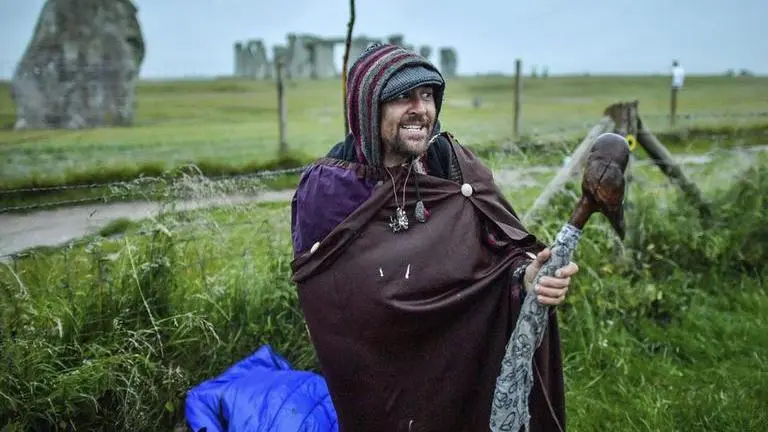Updated 21 June 2020 at 15:21 IST
Coronavirus dampens Stonehenge solstice celebrations
The ancient stone circle in southwestern England usually draws thousands of people to mark the longest day of the year in the northern hemisphere. But Britain has banned mass gatherings as part of measures to contain the spread of COVID-19.
- World News
- 1 min read

The coronavirus pandemic has prevented druids, pagans and party-goers from watching the sunrise at Stonehenge to mark the summer solstice this year.
The ancient stone circle in southwestern England usually draws thousands of people to mark the longest day of the year in the northern hemisphere. But Britain has banned mass gatherings as part of measures to contain the spread of COVID-19.
English Heritage, the body that oversees Stonehenge, live-streamed the sunrise instead. It said more than 3.6 million people watched as dawn broke at 4:52 a.m. Sunday (0352GMT, 11:52 p.m. EDT Saturday).
Stonehenge, a World Heritage site, is believed to be 4,500 years old. It is known for its alignment with the movements of the sun.
Advertisement
Some dedicated druids were determined to watch the sunrise in person, gathering in a field near Stonehenge despite the morning rain. Well-known druid King Arthur Pendragon said it had been “very wet,” but he was undaunted.
“You can’t cancel the sunrise,” he told the BBC. “It’s going to happen, and we were there to celebrate it.”
Advertisement
Published By : Associated Press Television News
Published On: 21 June 2020 at 15:21 IST
